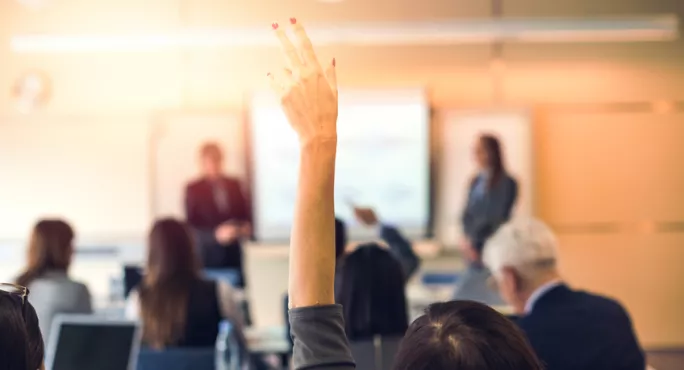Adults with low educational attainment are among those facing the most significant barriers to improving their life chances, according to analysis by the Office of National Statistics.
The ONS analysis of the Adult Education Survey 2016 found some of the most vulnerable members of society have the least access to the training and learning that could help boost their career prospects, with lack of confidence among the main barriers for those without qualifications.
For those with degree-level education, lack of time was the biggest obstacle to education.
The ONS points out that according to the Learning and Work Institute’s Barriers to learning for disadvantaged groups report considering adults not engaged in education, those without such “dispositional barriers” including a lack of confidence are most likely to be unemployed and from disadvantaged backgrounds.
Meanwhile, those more likely to be engaged in learning tended to be from higher socio-economic groups.
‘Failed by the system’
University and College Union head of policy Matt Waddup said the ONS report captured the benefits of training and learning, “but exposes how the people who might most benefit are being failed by the current system”.
“Training delivers benefits at work and in people’s personal life, yet opportunities are restricted for the most vulnerable in our society. We have seen huge cuts to adult education at a time when the further education sector should be at the centre of our planning for the future. The government needs to urgently invest in adult education with targeted support to ensure that everyone who can benefit can access training.”
The survey comes as a commission is being launched to consider the challenges England faces in educating people throughout their lives. Adult education experts are also calling for a rethink on policy, 100 years after a landmark report into the issue. Speaking in Tes today, Professor Alan Tuckett said “just as a hundred years ago, we need chances for adults to learn together on their own terms, to imagine and realise a better future for all of us”.





